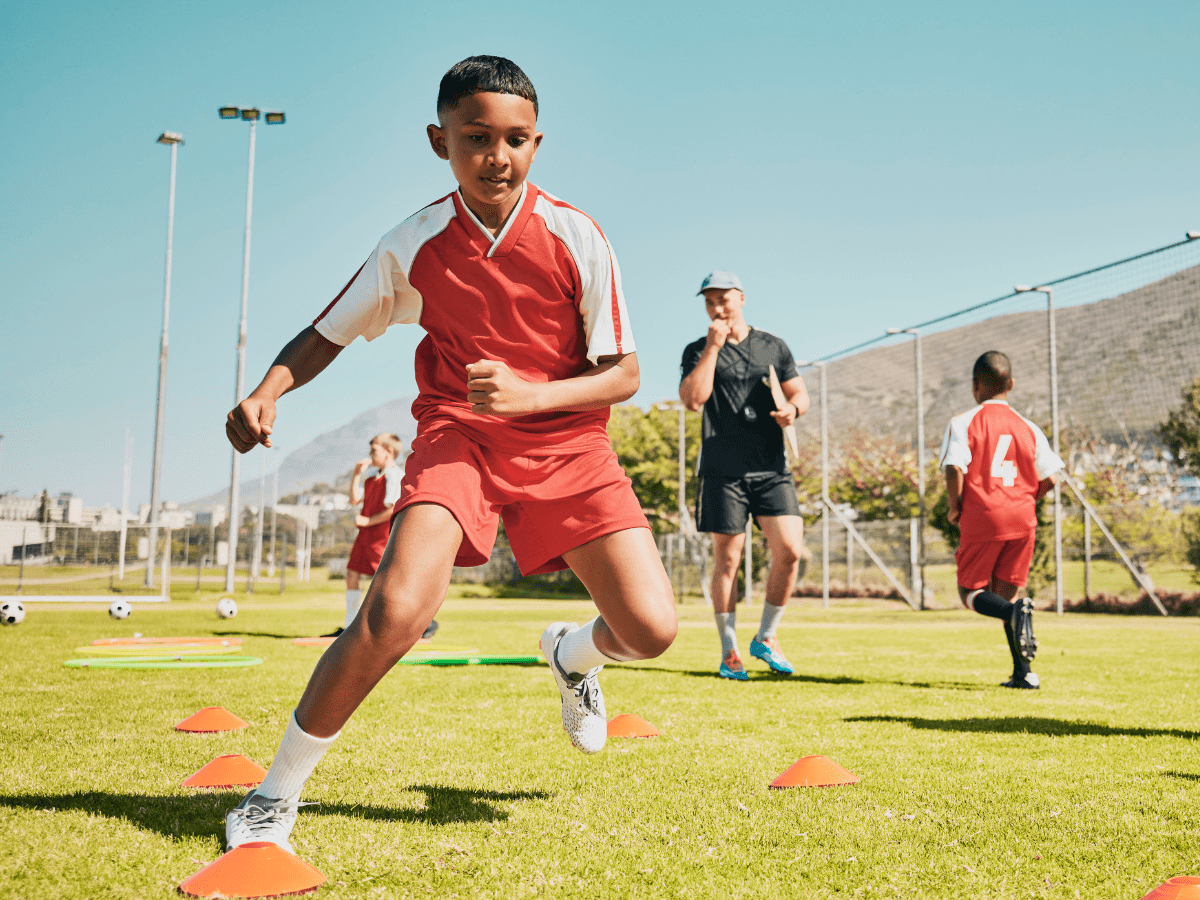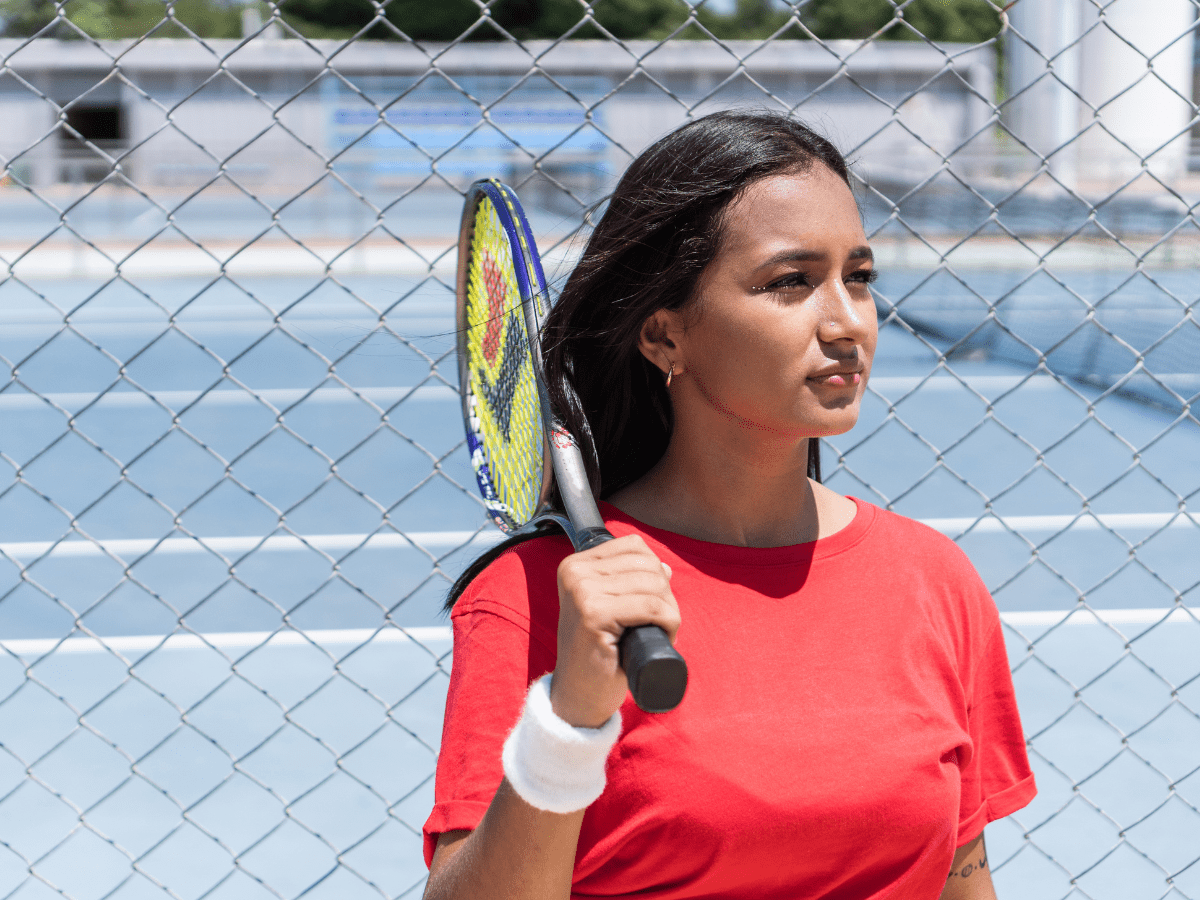Articles
SIRC articles provide evidence-based and actionable insights from sport researchers, athletes, coaches, sport organizations and thought leaders to advance sport in Canada.
Featured Article
Concussions in Sport: What Parents Need to Know About the Youngest Athletes
Each year in Canada, more than 200,000 athletes experience a concussion. The numbers are striking, and so is the fact that until recently, the youngest athletes were almost absent from research and public conversation about these injuries. Dr. Miriam Beauchamp is a professor at the University of Montreal, a researcher at Sainte-Justine Hospital, and Canada…

Search Articles

There are two parts to this project: First, we have established an open-access on-line archive to collect every form of physical culture that people participate in in the Greater Toronto Area (GTA). Second, use the on-line archive to engage in...

Cultural relevancy and positive youth development: Exploring the sport and physical activity experiences of indigenous youth in Canada
April 19, 2021
| Leisha Strachan
Project summary The purpose of the study was to gain insight into how positive youth development (PYD) through sport and physical activity is understood for Indigenous youth in western, central, and eastern urban communities in Canada. The following research questions...

For or Against? The Pros and Cons of Early Talent Identification in Sport
April 13, 2021
| Aaron Koenigsberg, Jesse Korf, and Lou Farah, York University
Early Talent Identification (TID) describes the process of identifying, evaluating and selecting athletes for sport programs in early adolescence (ages 10-14). This practice has created a contentious issue in sport. On one hand, early selection may eliminate late bloomers from...

Managing sport events to maximize positive impacts
April 12, 2021
| Laura Wood
Project summary The value of sport events extends beyond the competition itself to society at-large. The overarching goal of this project was to understand how to maximize the positive impacts associated with hosting non-mega sport events. Guided by the idea that effective event design and leveraging strategies can increase positive outcomes from sport events, the specific objectives of...

Teacher-coaches’ influence on the global development of student-athletes: An examination of perceived dual role benefits and challenges
April 5, 2021
| Martin Camiré
Project summary Youth development research has examined the antecedents, processes, and outcomes that occur in sport contexts. One common finding that consistently emerges is that influential adults, such as teachers and coaches, play instrumental roles in facilitating the developmental process....

Racing towards 2030: Using the Sustainable Development Goals to move inclusion forward in sport
March 30, 2021
| Andrea Carey, INclusion INcorporated
If there was ever a time in our history to consider how to not leave anyone behind, 2020 was that year. As people and organizations seek to reconcile the impact of COVID-19, we need to think about how we build...

The relocation experiences of aboriginal athletes pursuing sport in Euro-Canadian contexts
March 29, 2021
| Amy Blodgett
View the summary of this research here. Project summary Researchers have documented the importance of sport in the lives of Aboriginal people, emphasizing how it can improve health and wellness. However, there is a lack of knowledge about the cultural...

“Dwelling in the tensions:” Research in the intersections of second-generation teen girls’ sport experiences
March 23, 2021
| Amina Haggar and Greer Gemin
In 2019/2020, Canadian Women & Sport partnered with graduate student Amina Haggar to explore the experiences of second-generation African Canadian teen girls in a community sport program in Ottawa, Ontario. Haggar, an MA Candidate under the supervision of Dr. Audrey...

Grappling for answers: Exploring the process of life skills development in youth mixed martial arts athletes
March 22, 2021
| Theresa Beesley
Project summary Mixed Martial Arts (MMA) is a full contact combat sport that integrates striking and grappling techniques from a variety of other combat sports (i.e. martial arts, boxing, sumo, wresting, karate, Brazilian jiu-jitsu, kickboxing, and Tae Kwon Do). MMA...

Resilience Through Adaptation: How Sport Organizations Responded During the COVID-19 Pandemic
March 17, 2021
| Kyle Rich, Kerri Bodin, Kristen Morrison, Karen Lawford, and Sheranne Fairley
Directions from public health organizations during the COVID-19 pandemic drastically altered the sport sector, causing many sport decision makers to reconsider what their organization does and how they do it. Although the full scope of the short- and long-term impacts...